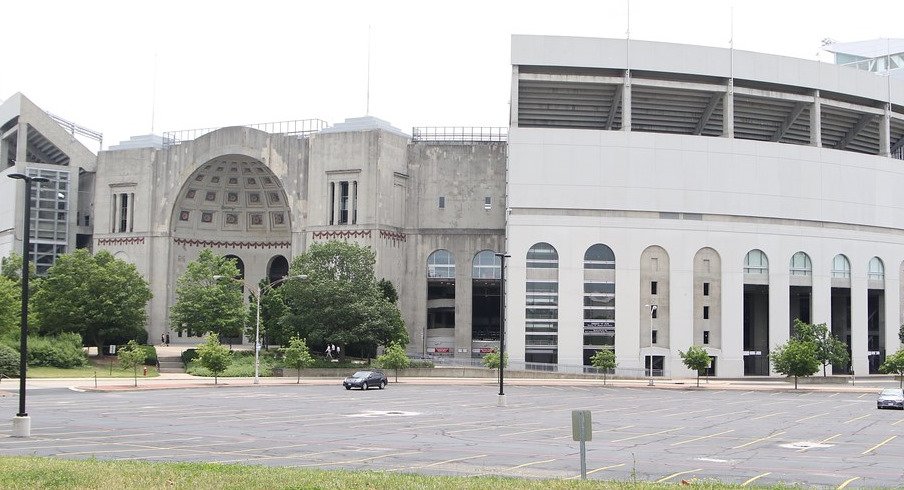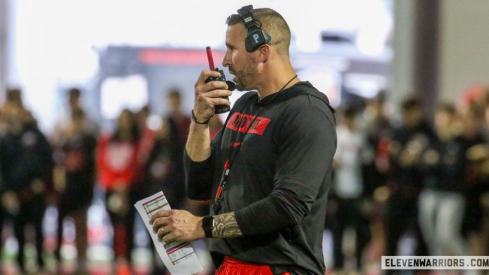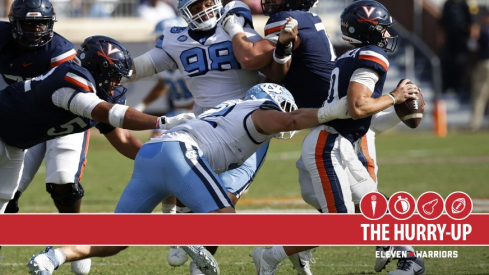I'm a huge Coen brothers fan.
The Big Lebowski? Great movie. Funny, absurd, and a terrific send-up of those old detective noir movies with byzantine plots that went nowhere. Fargo? One of the best films ever made, an escalating swirl of chaos and bad decisions, with a warm, strong protagonist standing in the middle and holding everything together. No Country For Old Men is a chilling look at people confronting an utterly unsentimental and unfeeling universe that scoffs at logic or reason.
Miller's Crossing, True Grit, Barton Fink, Raising Arizona, O Brother Where Art Thou?, Blood Simple, The Man Who Wasn't There, A Serious Man, Inside Llewyn Davis... heck, all you need to do is throw in a handful of stinkers for spice and you've got one of the best directing resumes ever.
What almost all of the Coen brothers movies have in common is the idea that people are reliably and hideously terrible at planning. And really every single aspect of it: bad at thinking plans through, bad at communicating plans to other people, bad at putting plans into action, bad at coming up with what should happen next in the unlikely event the plan somehow works out.
It's all entertaining enough to watch overconfident buffoons get kicked in the ass by hubris in movie form. But the advantage of watching these films at home or in the theater is that once the lights turn back on and head back to your car, you can rest easy with the knowledge that here in the real world we're not like dumb ol' Jerry Lundegaard, nervously sweating his way through an increasingly convoluted ransom scheme. We've got a pretty good bead on things.
Or at least that's what we tell ourselves.
There are a lot of reasons why Ohio State won't be playing college football (or any other sport) this fall. I'm not exactly sure where the mythical line dividing "sports" and "politics" is supposed to be anymore, but for my purposes in this article it suffices to say that we are where we are in college football because a lot of people screwed up pretty badly. That's a callous, irresponsible way to talk about the deaths of 170,000 people, but callousness and irresponsibility played a major part in that, too.
Anyway:
"One thing we have to realize that this is not a fait accompli that we’re gonna have sports in the fall," Warren said. "We may not have sports in the fall. We may not have a college football season in the Big Ten."
Big Ten commissioner Kevin Warren gave that quote on July 9th, as he was announcing that the Big Ten was moving towards a conference-only schedule for the fall. It was at once incredibly prescient and also extremely irritating in retrospect; if Kevin Warren knew in early July that there was a possibility that the pandemic situation was a threat to the college football season, why was seemingly nothing done in the interim to plan or prepare for any and all possibilities?
Last night, the Big Ten began hypothetically discussing what teams would do in the fall *if* the season got moved to the spring. It was contentious, as the bigger programs still want to play this fall. It marked one of the first hypothetical conversations about this topic.
— Pete Thamel (@PeteThamel) August 11, 2020
When the modified Big Ten schedule was released on August 5th, one could be forgiven for assuming that meant that the changed slate would serve as a template for any future changes. Full cancellation would still be on the table, of course, but I don't think anyone thought of what was released as some kind of immutable document that wouldn't be modified as the situation dictated. A ten game season becoming six and then zero is a frustrating outcome but at least it follows a logical path.
The lack of leadership and planning from the NCAA is also especially frustrating. A supposedly governing body is now thinking about a bubble concept for college basketball, but Mark Emmert and company offered little to no guidance on what to do about football or other fall sports.
Already hearing campus level backlash to the way Emmert announced fall sports championships were canceled. Basically athletes found out on social media like the rest of us
— Dan Wolken (@DanWolken) August 13, 2020
It isn't just limited to college, either. As David Briggs writes about Gov. Mike DeWine's inaction on high school sports in the Toledo Blade:
Ohio needs a leader here.
That’s you, governor. Either clearly explain why it is safe to play football, especially in light of the Big Ten — which planned to test its athletes twice a week — concluding it was not, and provide clarity on a plan for the season. Or stop stringing the athletes and coaches along.
I'm not blind to the difficulty these leaders face. Literally any plan or decision will be criticized by some group or another, and nothing anyone comes up with will satisfy everybody. Worse, having to change plans because of, say, emerging medical evidence or logistical issues risks making people even more upset. For political actors like Warren, Emmert, and DeWine, there's nothing more frightening than losing the confidence of the people you represent.
The problem ultimately isn't limited to these leaders and their lack of foresight and planning. Their failings shine brighter because of who they are, but their inaction isn't the cause of the longest offseason in history, it's merely a symptom of it.
For months now, almost everyone involved in college sports has willfully engaged in the worst kind of magical thinking: that we'll get what we want as long as we want it badly enough.
But a virus doesn't care about football. A pandemic doesn't give out Heisman trophies.
What it does do is hurt the most vulnerable among us and ruin plans for the future. It's possible to have both football and an uncontrolled virus, but that requires us to twist ourselves into increasingly absurd knots to justify or ignore everything that comes along with it, to believe that our choices can exist in a vacuum during a pandemic.
I don't think that most people think like that, and I truly believe that the Kevin Warrens and Mike DeWines of the world really do have good intentions when it comes to protecting the health and safety of the people they represent. I don't envy their jobs. But part of that job is understanding how to prepare and plan for any and all situations that might arise, and then crafting a compelling argument that will get people on board with taking the necessary steps to put those plans in action.
No one seems to want to do any of that. Instead, we've watched COVID wreak havoc with our lives (and with other sports), while simultaneously expecting college football to somehow be immune.
That fiction is shattered.
The good news is that there is still a chance for leadership. Purdue's Jeff Brohm took it upon himself to create a very detailed plan for how spring football could work. Ryan Day has been very vocal about what he thinks should happen, starting in January (for the record, winter football would actually kick a lot of ass).
Who knows if these plans will come to fruition, but it doesn't matter; what's important is to set a goal and then take the necessary steps to achieve it, making things better along the way. That didn't happen for Big Ten college football in the fall of 2020. Let's make sure that whenever we're ready for football, it's sooner rather than later.


